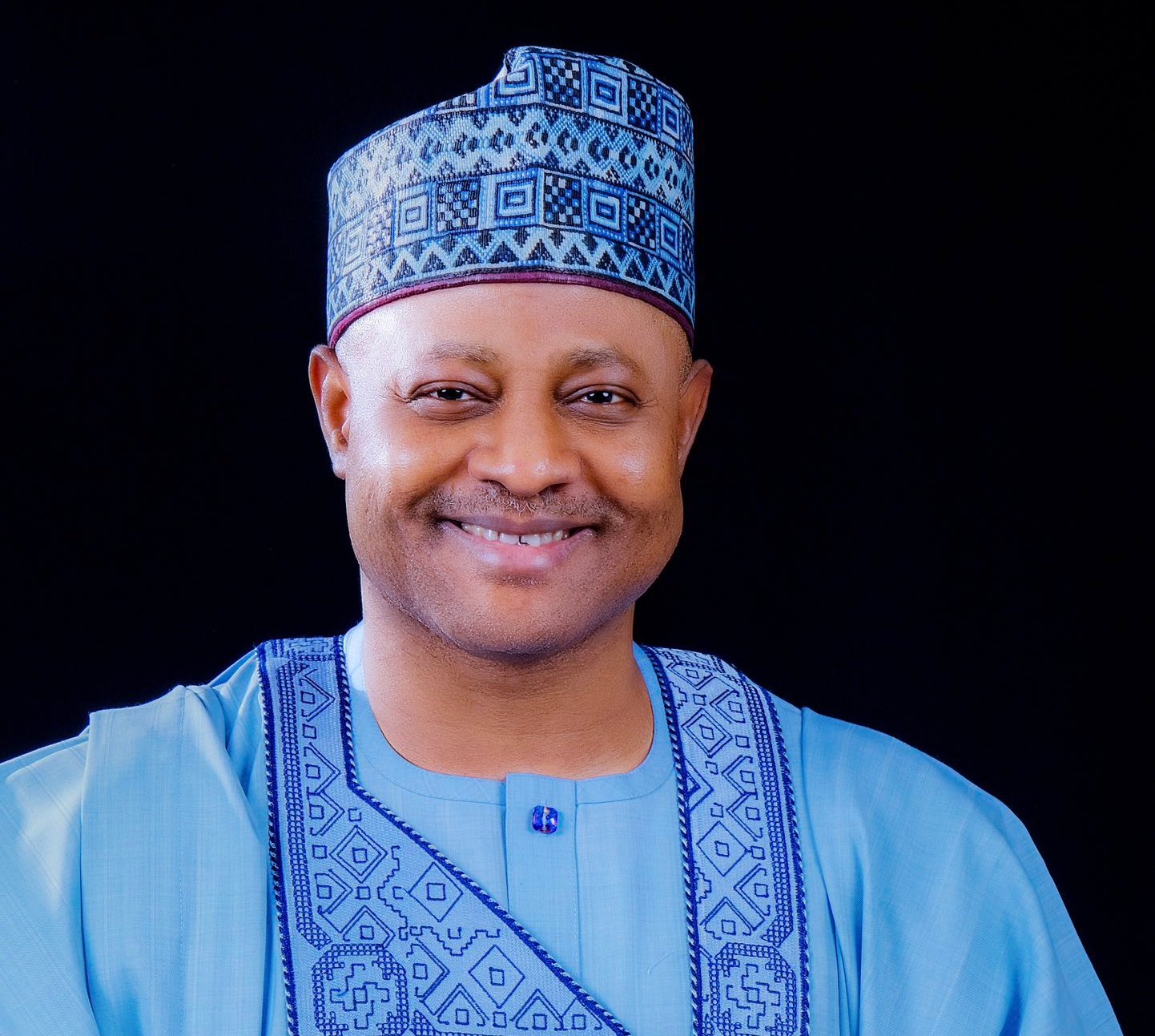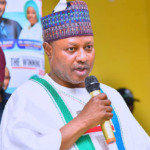The recent kidnapping in Kuriga has put Kaduna State and Governor Uba Sani in the spotlight after the governor kept a low profile public presence. This change means that from now on people will be paying more attention to what happens in the state and how the governor handles things.
There has been dissatisfaction with the governor’s answer on whether the government paid a N1bn ransom to release the hostages. N1bn is a huge sum of money, but the media were not judging whether it was wrong or not to pay a ransom; they were more interested in the source of the financing, especially given the financial position of the state and the state of the Nigerian economy.
This scrutiny comes against the backdrop of the state’s fiscal struggles, unlike the opaque financial management under the ex Gov Nasir el-Rufai government. Kaduna has been grappling with its finances, consistently spending beyond its means. The state has struggled to pay salaries. Between 2015 and 2024, the state borrowed a total of N14.5bn from the CBN to pay salaries despite retrenching over a third of its workforce.
As of December, 2023, the state’s total debt stood at N613.5bn, surpassed only by Lagos State, according to the Debt Management Office (DMO). Comparatively, Kano State’s total debt of N219.4bn is just over a third of Kaduna’s over the same period despite building more bridges and roads and employing more workers. Kaduna’s largest loan share came from the controversial $350m World Bank loan, which required 78 per cent of the budget to be spent on recurrent expenditure and 22 per cent on soft infrastructure – there was no provision for hard infrastructure. Another is the $6m loan from the Indian Xing Bank to construct a light rail. The governor must not sweep these issues under the carpet as it will help free the state from its financial chains.
IFAD, FG designs new value chain project for North
FG sets up c’ttee to address challenges in telecom industry
The inability to generate more income is evident in its reliance on foreign and domestic loans, which is impacting its FAAC allocations. The breakdown of FAAC allocations for February, 2024, reveals that Kaduna had its allocation deducted by 38 per cent, totalling N4.49bn, indicating ongoing financial strain. This financial information is why there is a growing interest in whether a ransom was paid, as this will mean further deductions to the state’s allocation.
Most troubling is that the state’s internal revenue generation efforts have fallen short, as this would have offset the FAAC deductions. The 2022 and 2023 projected IGR are below the 85 per cent threshold as the state only met 65.6 and 69.9 per cent respectively of the budgeted target, making the 2024 estimation unrealistic due to systemic over-projection. Clearly, this situation arises because Uba Sani relies heavily on appointees from the previous administration to manage the state’s finances. This is not different from rewarding failure.
When I wrote about Kaduna State’s potentially difficult finances a few years ago, I predicted that the true situation would only be known when el-Rufai was long gone. The glaring evidence manifesting in just 10 months is proving to be more than many have thought despite the governor’s efforts to play down the consequences.
On the contrary, while some may argue that the cosmetic legacy infrastructure left by the el-Rufai government represents meaningful progress, the reality of Kaduna State’s crumbling roads and incomplete projects paints a different picture. It is not incorrect that the last administration built some bridges, markets and roads in a few selected local government areas. It is equally true they chose to unnecessarily pay for flower planting and watering in Kaduna North LGA, where their projects were prominent, but abandoned the potable water system project that would have served millions of people in Kaduna North Senatorial District. In the end, the result shows the projects were all gimmicks designed to make the next government look handicapped.
Recalling the video about the Kuriga kidnapping on local and international channels, including the BBC and Al-Jazeera, one would have mistaken the location for a war zone. The dilapidated school where the pupils were kidnapped is the same story for the education system across the 23 LGAs. The rate of poverty is rising.
Let’s not forget that Kaduna is one of the places that has reported daylight looting of food trucks. This will only get worse unless Uba Sani takes radical action.
It is a serious disservice to the people of Kaduna if Uba Sani keeps choosing to be loyal to someone who has put the state in this financial chain unless there are things we do not know that make him complicit. As of now, the public sees his laid-back attitude as an unsolicited show of support for a dormant partner – one known not for reciprocating gestures of goodwill.

 Join Daily Trust WhatsApp Community For Quick Access To News and Happenings Around You.
Join Daily Trust WhatsApp Community For Quick Access To News and Happenings Around You.

